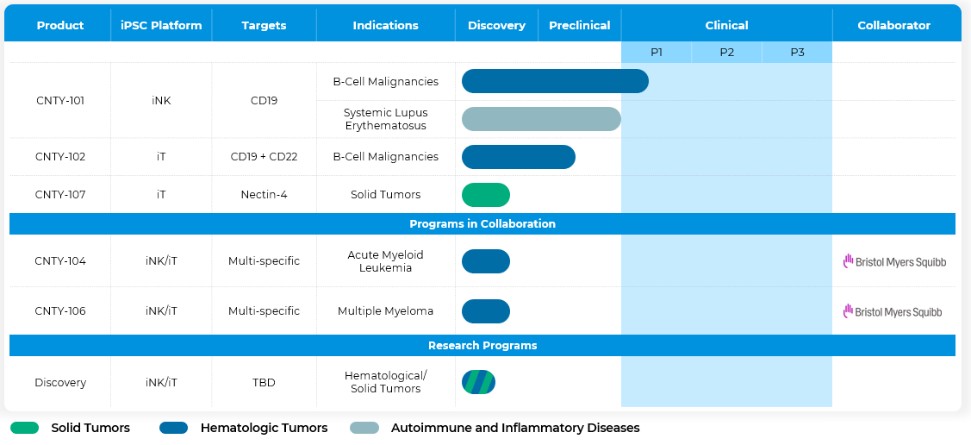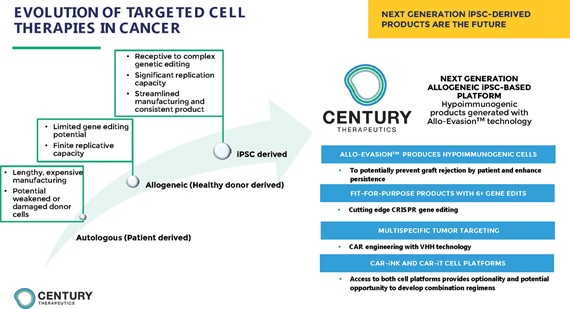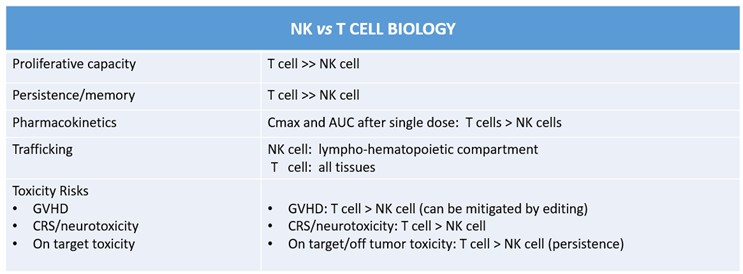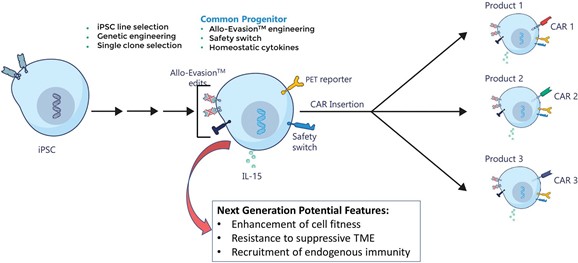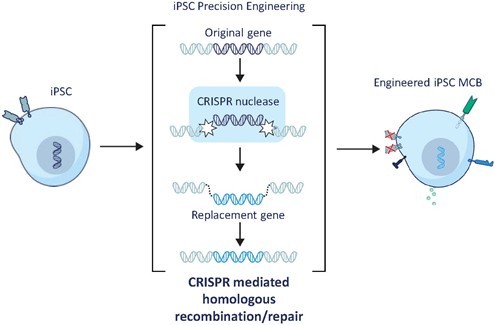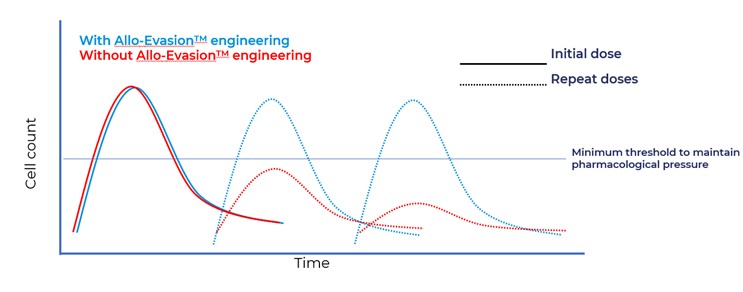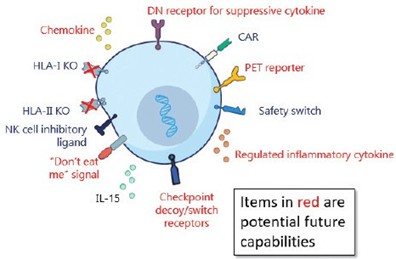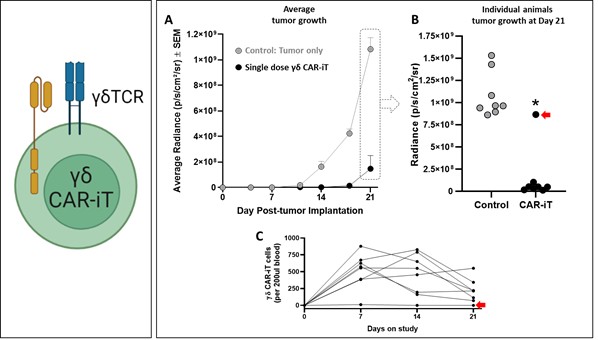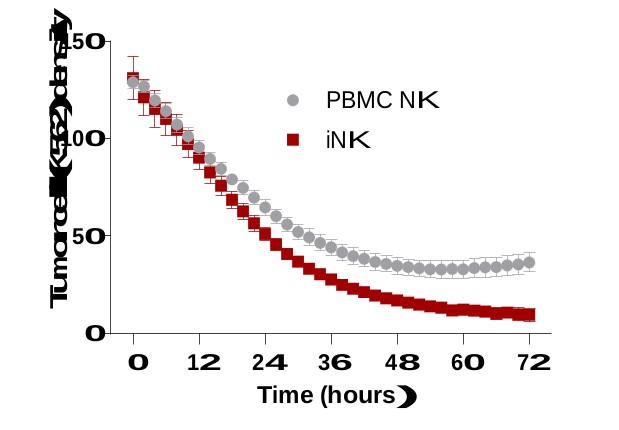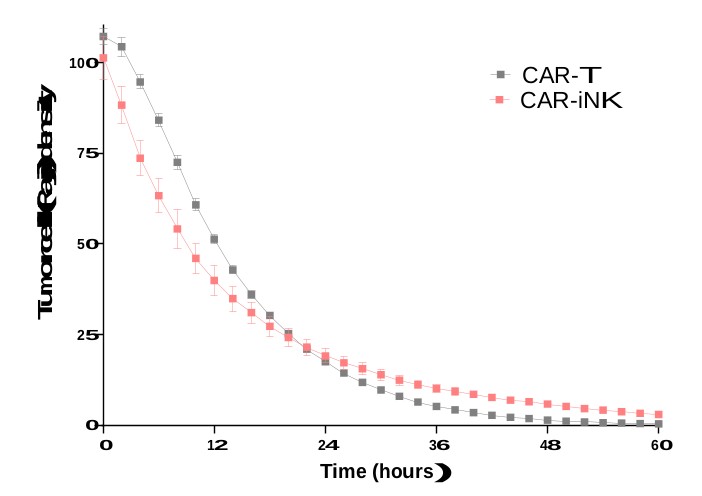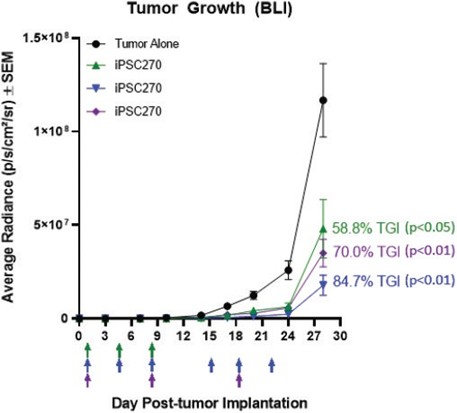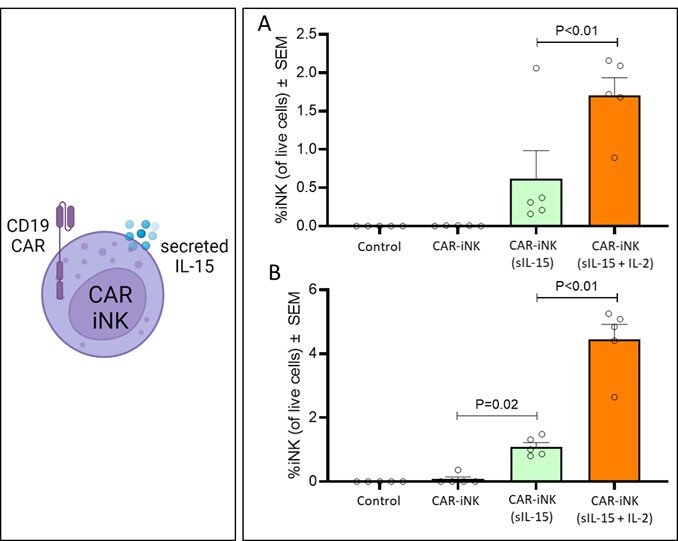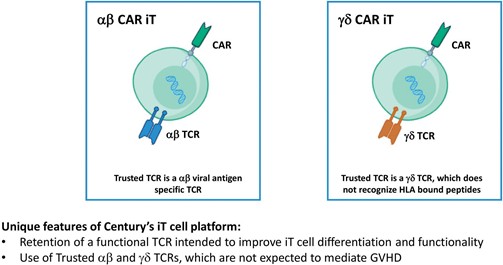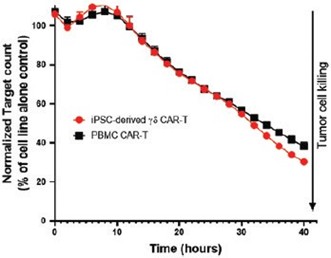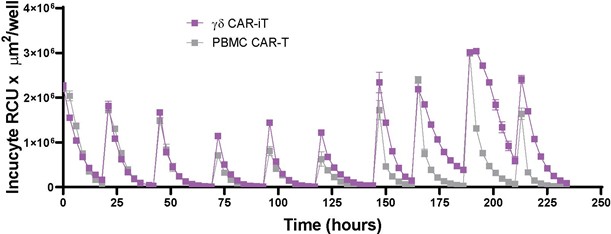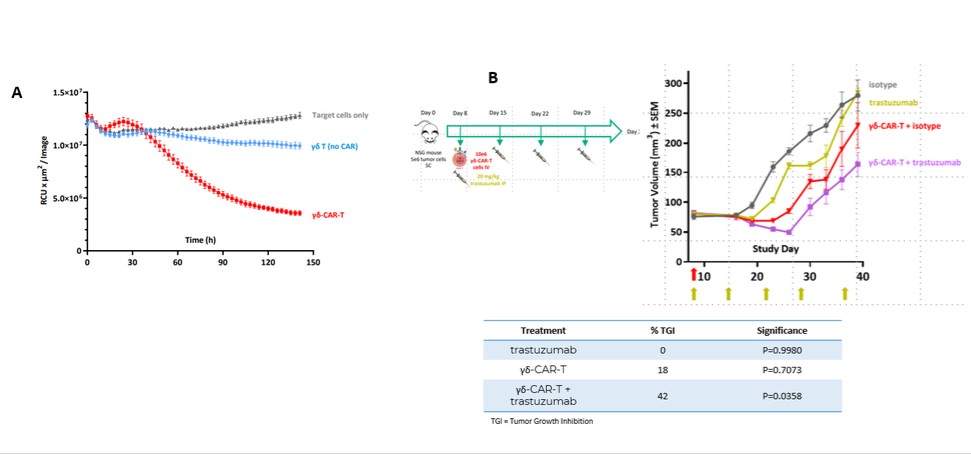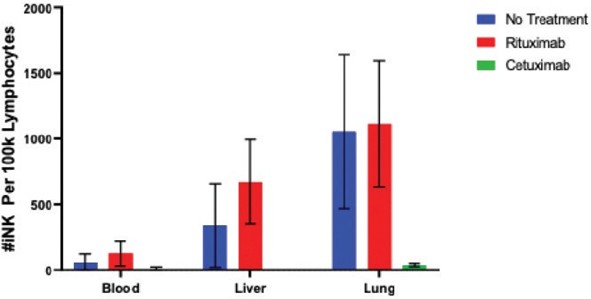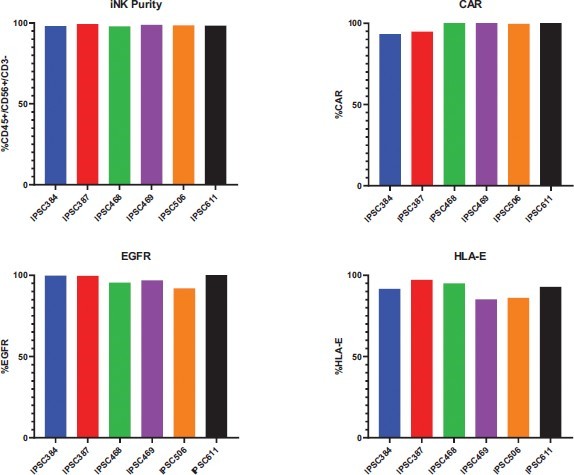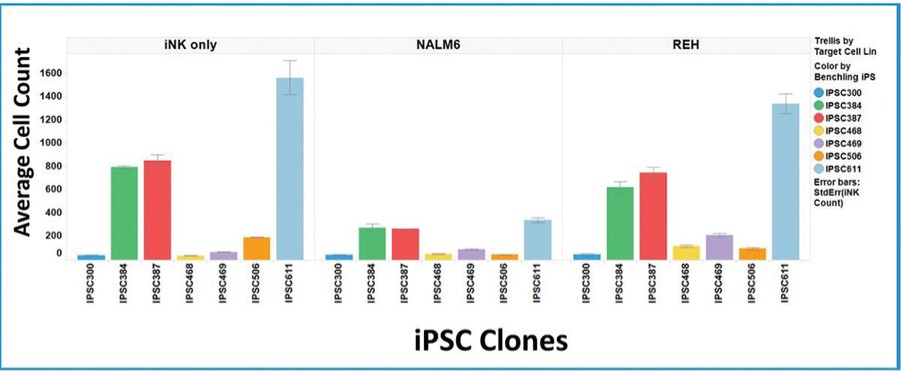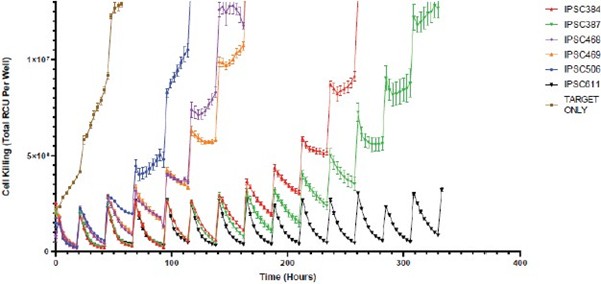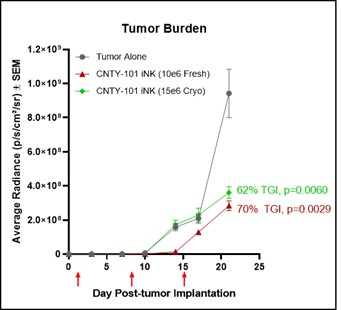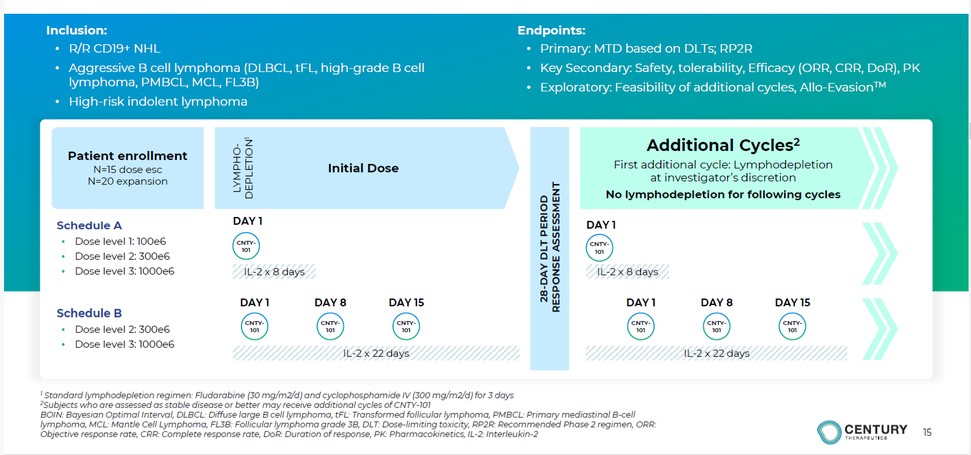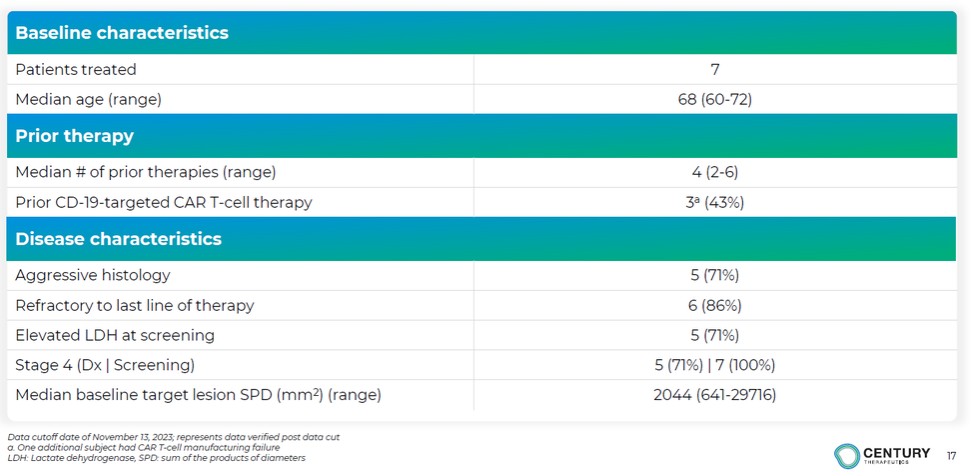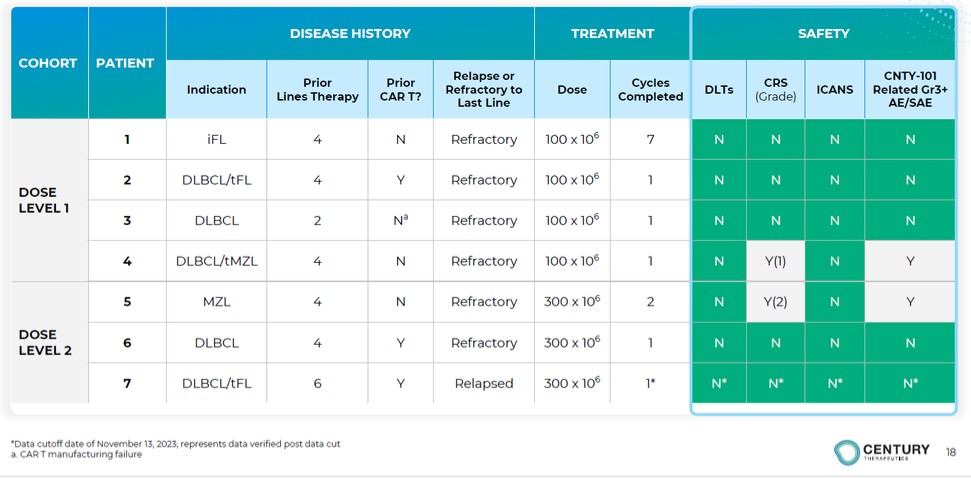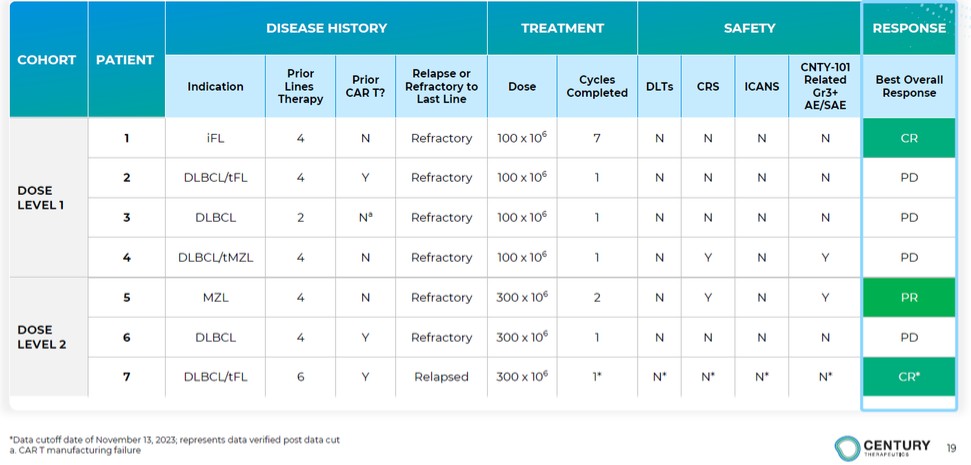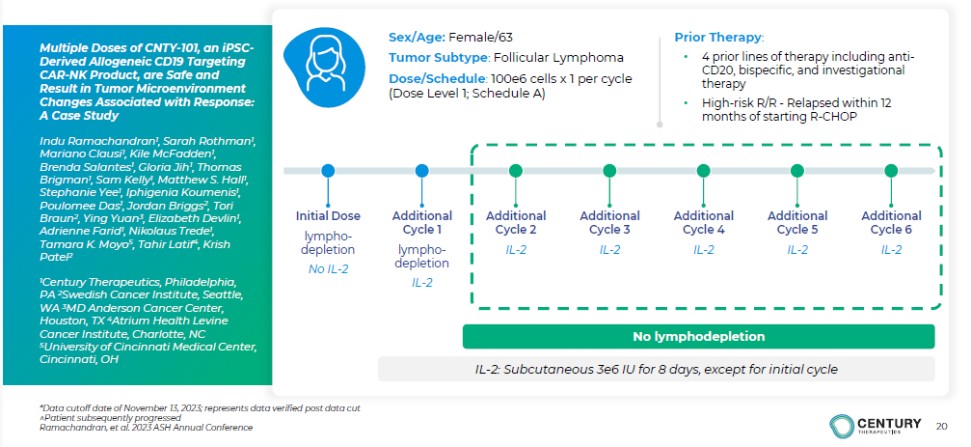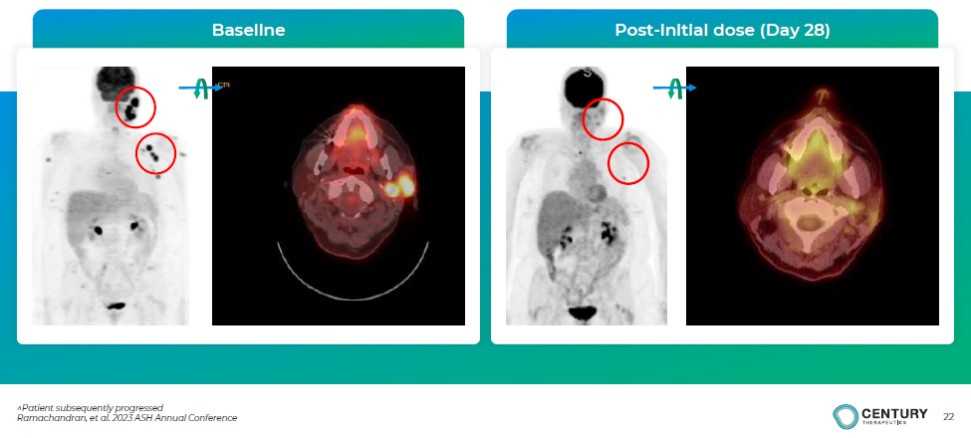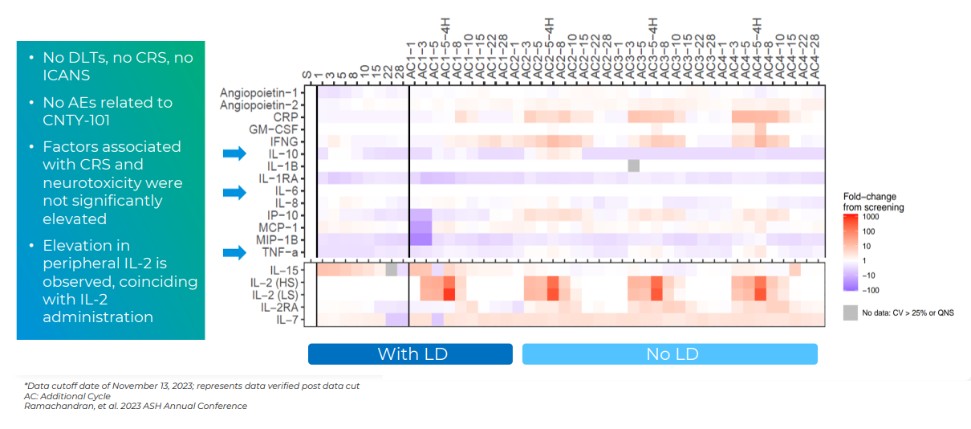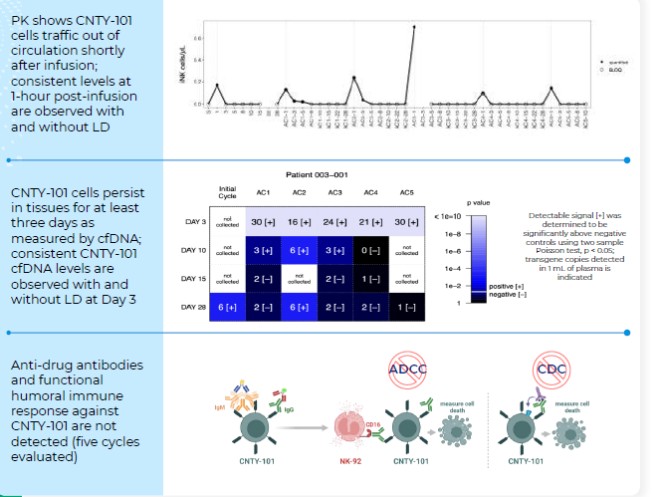compromise our confidential or proprietary information and disrupt our operations. Cyberattacks could include wrongful conduct by hostile foreign governments, industrial espionage, wire fraud, and other forms of cyber fraud, the deployment of harmful malware, ransomware, denial-of-service, social engineering fraud, or other means to threaten data security, confidentiality, integrity and availability. A successful cyberattack could cause serious negative consequences for us, including, without limitation, the disruption of operations, the misappropriation of confidential business information, including financial information, trade secrets, financial loss, and the disclosure of corporate strategic plans. Although we devote resources to protect our information systems, we and our third-party vendors have from time to time experienced threats and security incidents that could affect our information or systems. We realize that cyberattacks are a threat, and there can be no assurance that our efforts will prevent information security incidents that would result in business, legal, financial, or reputational harm to us, or would have a material adverse effect on our results of operations and financial condition. Any failure to prevent or mitigate security incidents or improper access to, use of, or disclosure of our clinical data or patients’ personal data could result in significant liability under state (e.g., state breach notification laws), federal (e.g., HIPAA, as amended by HITECH), and international law (e.g., the GDPR) and may cause a material adverse impact to our reputation, affect our ability to conduct new studies and potentially disrupt our business.
We rely on our third-party providers to implement effective security measures and identify and correct for any such failures, deficiencies or breaches. If we or our third-party providers fail to maintain or protect our information technology systems and data integrity effectively or fail to anticipate, plan for, or manage significant disruptions to our information technology systems, we or our third-party providers could have difficulty preventing, detecting, and controlling such cyberattacks and any such attacks could result in the losses described above as well as disputes with physicians, patients and our partners, regulatory sanctions, or penalties, increases in operating expenses, expenses or lost revenues or other adverse consequences, any of which could have a material adverse effect on our business, results of operations, financial condition, prospects, and cash flows. Any failure by such third parties to prevent or mitigate security incidents or improper access to or disclosure of such information could have similarly adverse consequences for us. If we are unable to prevent or mitigate the impact of such security or data privacy incidents, we could be exposed to litigation and governmental investigations, which could lead to a potential disruption to our business.
We also cannot be certain that our existing insurance coverage will cover any claims against us relating to any security incident or breach, will be available in sufficient amounts to cover the potentially significant losses that may result from a security incident or breach, will continue to be available on acceptable terms or at all or that the insurer will not deny coverage as to any future claim. The successful assertion of one or more large claims against us that exceed available insurance coverage, or the occurrence of changes in our insurance policies, including premium increases or the imposition of large deductible or co-insurance requirements, could adversely affect our reputation, business, financial condition, and results of operations.
Failure to comply with current or future federal, state, and foreign laws and regulations and industry standards relating to privacy and data protection laws could lead to government enforcement actions (which could include civil or criminal penalties), private litigation, and/or adverse publicity and could negatively affect our operating results and business.
We or our collaborators collect, use, process, store and transfer certain personal and/or confidential information as part of our normal business operations. We are therefore subject to federal, state, and international laws and regulations governing the privacy and security of confidential information and personal data. In the United States, we are subject to numerous federal and state laws and regulations, including federal health information privacy laws, state data breach notification laws, state health information privacy laws, and federal and state consumer protection laws, governing the collection, use, disclosure, storage, transfer, protection, and disposal of health-related and other the personal and/or confidential information we and/or our collaborators utilize A failure to comply with these current or future federal, state, and international laws and regulations and industry standards relating to data privacy and security could lead to investigatory or regulatory action, private litigation or class actions that could result in exposure to civil or criminal penalties,
